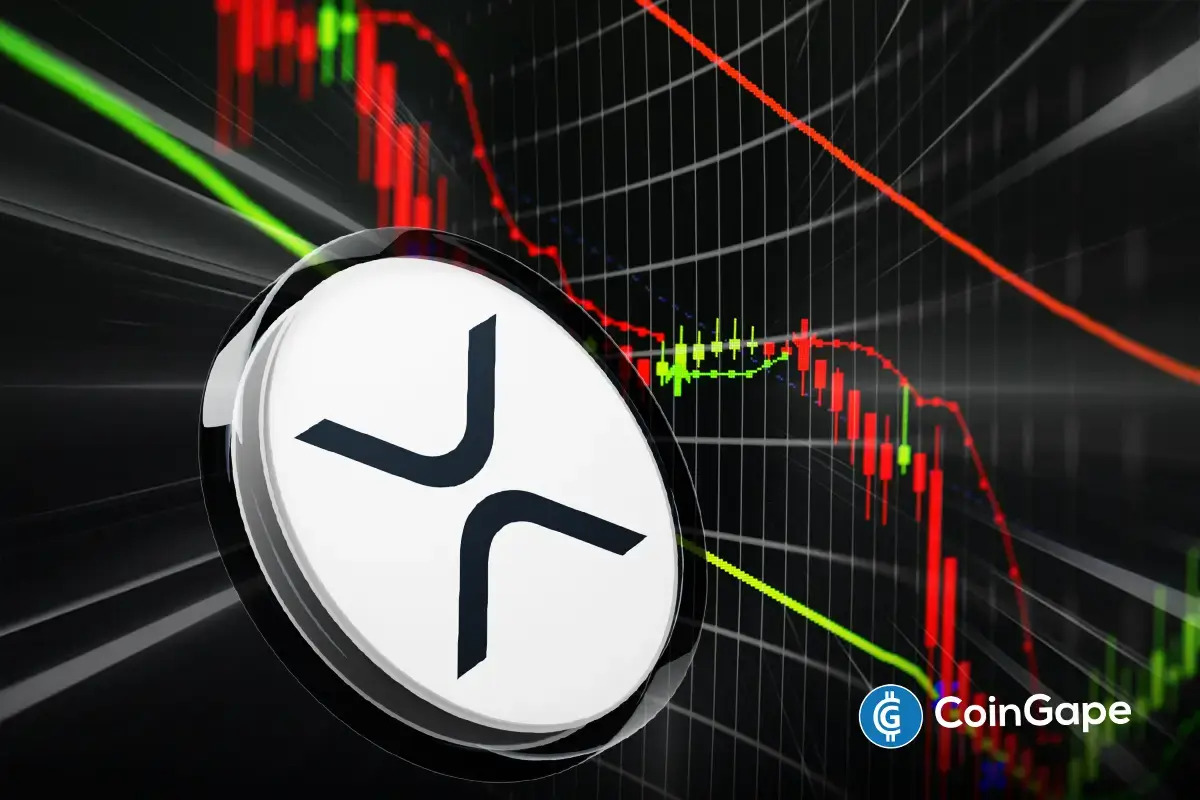What Is An Initial Public Offering?
An Initial Public Offering or IPO is a process whereby shares of a private company are issued to the public for the first time. A company announces an IPO when it wants to raise equity capital by going public. Normally, companies (old or new) go public when they intend to get listed on a crypto exchange. The IPO of any company is an important time for private investors because when a company transitions from a private to a public company, it allows private investors to fully realize their investment gains.
This is because it typically includes a share premium for existing private investors. Besides, it also entitles public investors to participate in the offering. It is essential that companies willing to go public fulfill conditions or requirements set by exchanges and the Securities and Exchange Commission to hold an IPO. IPOs allow companies to collect funds by offering securities through the primary market. Companies hire investment banks to make IPO successful and set the IPO price, date, and other details. An IPO is also considered an exit strategy for the company’s founders & early investors, acknowledging the total profit from their private investment. Post an IPO, the company’s shares trade in an open market. Investors can further sell those shares through secondary market trading.
Steps Involved In An IPO:
Proposals: Underwriters give proposals and valuations discussing their services, the finest type of security to issue, offering price, share amount, and the estimated time frame for the market offering.
Underwriter: The company selects its underwriters and formally agrees to underwrite terms via an underwriting contract.
Team: IPO teams comprising underwriters, lawyers, certified public accountants, and Securities and Exchange Commission (SEC) experts are formed.
Documentation: Information concerning the company is gathered for required IPO documentation. The S-1 Registration Statement, which is the primary IPO filing document, has two parts. These are the prospectus and the privately held filing information.
Marketing: For pre-marketing of the new stock issuance, marketing materials are designed. Underwriters and executives reach a final offering price, where underwriters can revise their financial analysis throughout the marketing process.
Board formation: Create a board of directors and guarantee processes for declaring quarterly auditable financial & accounting information.
Shares Issuance: Companies issue their shares on an IPO date. Capital from the primary issuance to shareholders is accepted in the form of cash and recorded as stockholders’ equity on the balance sheet. After that, the balance sheet share value starts depending on the company’s stockholders’ equity per share valuation completely.
After IPO: Some post-IPO provisions may be instituted. Underwriters may have a defined time frame to purchase more shares after the IPO.
Should You Invest in IPO?
You can easily see a lot of news media coverage on companies going public. Some of this media hype around IPOs is deliberately cultivated by the company going public. Typically, IPOs are popular among investors as they are expected to create volatile price movements on the IPO date and shortly after that. This can sometimes produce significant gains, although it can also result in huge losses. Thus, investors should consider each IPO based on the prospectus of the company going public, its financial position, and risk tolerance.


 Buy $GGs
Buy $GGs






